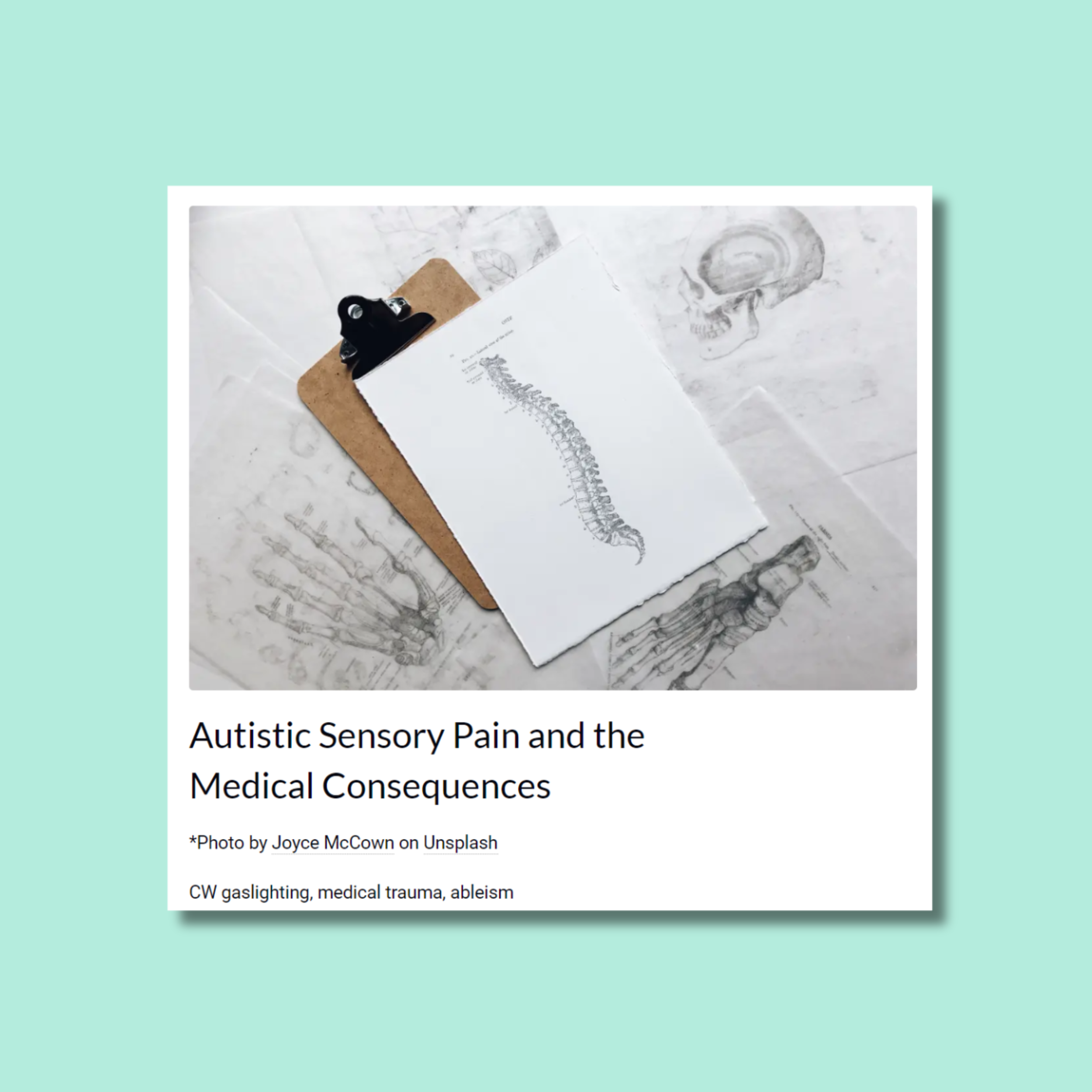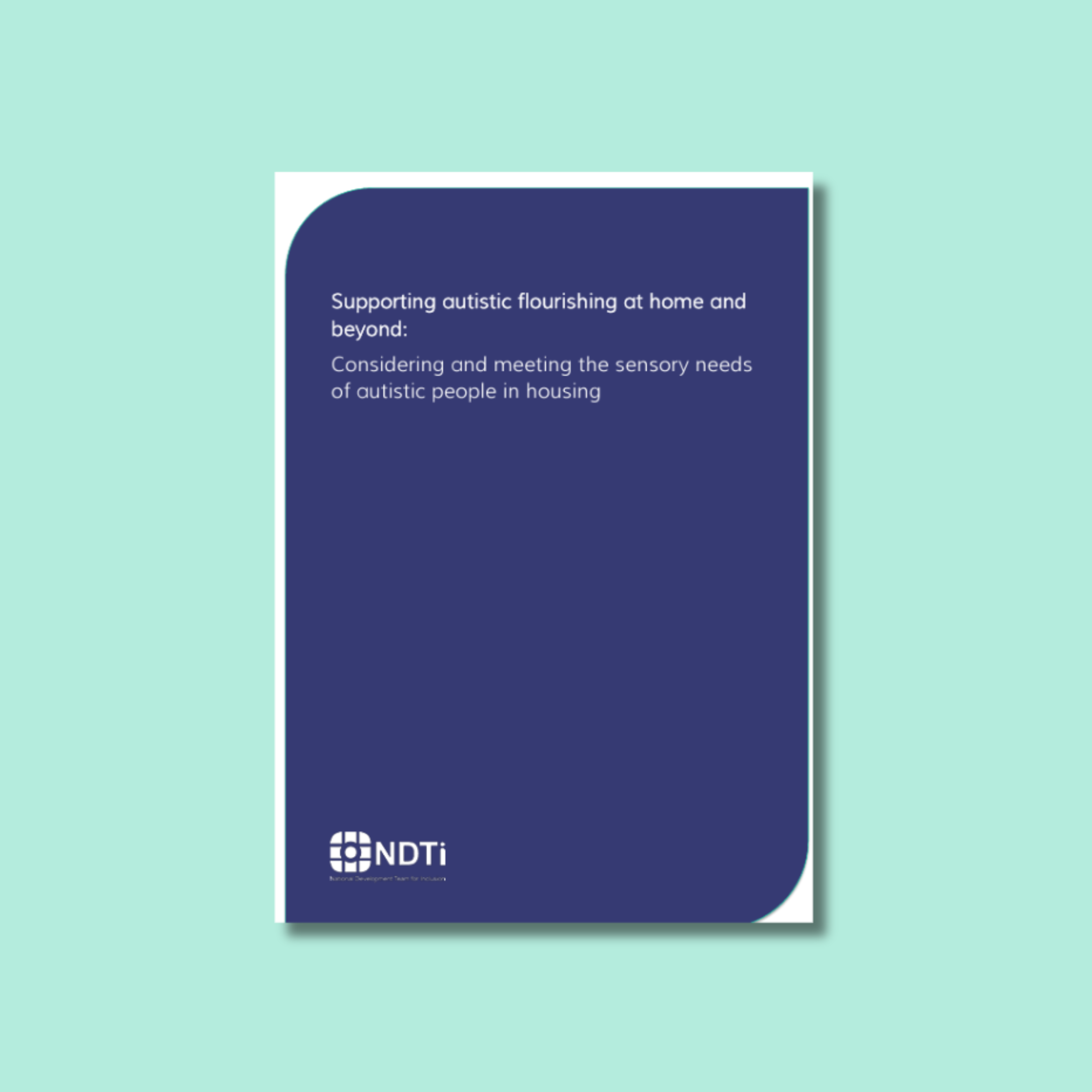 Image 1 of 1
Image 1 of 1


‘A Storm of Post-It Notes’: Experiences of Perceptual Capacity in Autism and ADHD
Irvine, Elise, Brinkert, Poole, Farran, Milne, Scerif, Crane and Remington (2024).
Autistic and ADHD participants often feel they process more information than others, which can be both helpful (like boosting creativity) and challenging (like causing stress or sensory overload). Autistic people often described this as overwhelming due to taking in more details, while those with ADHD described it as overload from trouble filtering distractions. Understanding these different experiences can help improve support in areas like education, work, and daily life.
Irvine, Elise, Brinkert, Poole, Farran, Milne, Scerif, Crane and Remington (2024).
Autistic and ADHD participants often feel they process more information than others, which can be both helpful (like boosting creativity) and challenging (like causing stress or sensory overload). Autistic people often described this as overwhelming due to taking in more details, while those with ADHD described it as overload from trouble filtering distractions. Understanding these different experiences can help improve support in areas like education, work, and daily life.






